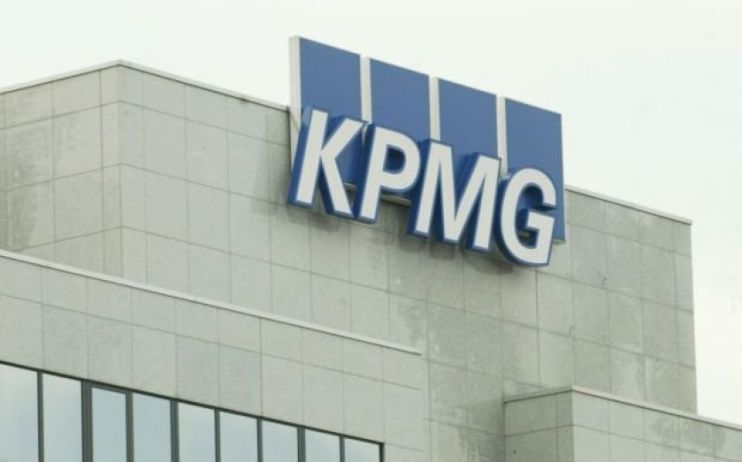KPMG rubbishes ‘conspiracy theory’ it helped private equity business dump Silentnight pension liabilities

KPMG has refuted claims it helped US private equity firm HIG Capital force the insolvency of Silentnight so it could acquire the business without the burden of Silentnight’s £100m pension scheme.
Speaking at a tribunal today Mark Phillips QC, who was representing KPMG, said the idea that the big four auditor had jeopardised Silentnight’s ability to continue trading with a view to enabling HIG to acquire the bed and mattress manufacturer free of its pension liabilities was “conspiracy theory” and “complete nonsense”.
Yesterday The Financial Reporting Council (FRC) alleged KPMG and its insolvency partner David Costley-Wood were conflicted when they arranged the sale of Silentnight to HIG Capital in 2011.
The watchdog claimed KPMG had “interest in pleasing HIG”, as it had been involved with the private equity firm for months before it was appointed as administrator to Silentnight. The FRC said the relationship presented a conflict with its duties to the company’s creditors and shareholders.
The FRC then claimed KPMG “assisted” HIG in its plan to force a liquidity crisis at Silentnight by acquiring and then calling in some of its debt, which allowed HIG to purchase the business out of insolvency while its £100m pension liabilities were transferred to the Pension Protection Fund, the UK’s pension lifeboat fund, according to the Financial Times.
Speaking this afternoon Phillips said the accertations from the FRC did not stand up to scrutiny. He said Silentnight had been in financial distress for years and that the bed and mattress manufacturer knew its debts needed to be restructured – particularly its pension debt.
Before HIG entered the mix Phillips said there had been other deals presented to it by other funds that had been rejected. Phillips said HIG’s involvement was “the best option”, and thanks to capital being injected into the business, Silentnight avoided entering an uncontrolled administration.
He also pointed out KPMG had tried to reach an agreement with the PPF prior to HIG’s buyout. There had been an attempt to agree among creditors to support a Company Voluntary Agreement, which had been supported by suppliers, employees and HMRC, but not the PPF. As a result the business was forced to file for administration while talks continued with potential buyers.
The QC said there were no other viable options for troubled Silentnight, and that any restructuring required the removal of the pension deficit from Silentnight’s books. He added: “No investor would have made the investment with that pension deficit on the balance sheet.”
Additionally, he said it did not make sense to allege David Costley-Wood behaved inappropriately or lied to the regulator.
“Costley-Wood had nothing to gain from losing trust and confidence from the regulator that he has to work with for the rest of his career. If anything he was motivated to be honest with the regulator,” Phillips added.